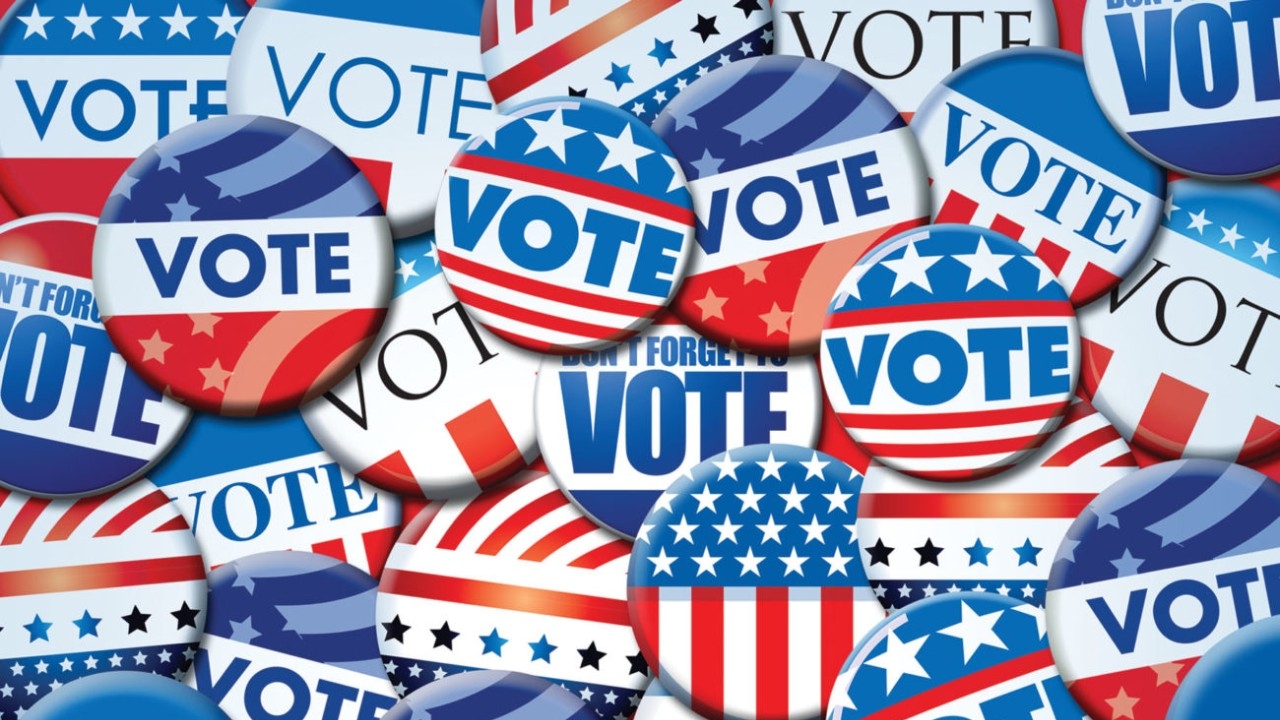


![01_NKU_GEAR_STANDARD_COLOR [Converted] GEARUP to Vote logo](/content/inside/library/about/news/2020/september/20200902/_jcr_content/par/columncontrol/column-2/columncontrol/column-1/textimage/image.img.jpg/1877912730.jpg)
Election season is underway, bringing with it an endless amount of information that will spread across social media feeds, among other outlets. For many voters, it feels overwhelming to navigate and make sense of all the sources, but relying on information literacy concepts can make a difference. Steely librarians have compiled a list of tips and resources to help the NKU community navigate the election information landscape.

Apply the F.R.A.N.K. test to sources to consider the accuracy and credibility of information relevant to candidates and issues. Watch the video
Not sure if a candidate’s claim is accurate? Fact checking sites will often do the work for you. For example, websites like Snopes, Politifact, or FactCheck.org are especially useful during candidate debates.
Inaccurate information is widespread across social media outlets, and continues to be shared, shared, and shared again. Research found that 60% of material that is shared isn’t read. Click. Read. And evaluate, before you share a source.
Vote 411 is a free resource that provides up-to-date election information for each state, and will connect users with their ballot information to learn more about state and local candidates and issues. Vote 411 was created by the League of Women Voters, an organization with a long history of providing election information.
ProCon.org from Encyclopedia Brittanica or a library database like CQ Researcher will connect you with background information on issues relevant to the 2020 election, such as healthcare, immigration, police reform, and gun control. ProCon also contains a page dedicated to the election.
Polls will be shared in abundance during election season, but not every poll is scientifically sound. Fivethirtyeight summarizes polls relevant to the election (and other topics). The site also assigns ratings to polling organizations, based on historical accuracy and methodology.
Access World News from Steely Library will connect you with extensive coverage of current events, including more than 600 U.S. publications. Organized by topics, Access World News, compiles news coverage of the presidential election, broken down into subtopics relevant to issues, candidates, and the election process. Among the topics, you will find news sources organized around:
Allsides is a useful resource for viewing current event coverage, including election news, from liberal, moderate, and conservative perspectives. Allsides acknowledges that news has bias and seeks to provide readers with balanced coverage by looking at news stories from all perspectives.
Campaign finance data is available from the Federal Elections Commission website. Find out how much money candidates raise, how it was spent, and who provided it.
Vote Smart is an interactive website that easily and visually connects users with state and federal candidates. Vote Smart's mission is to provide free, factual, unbiased information on candidates and elected officials.




